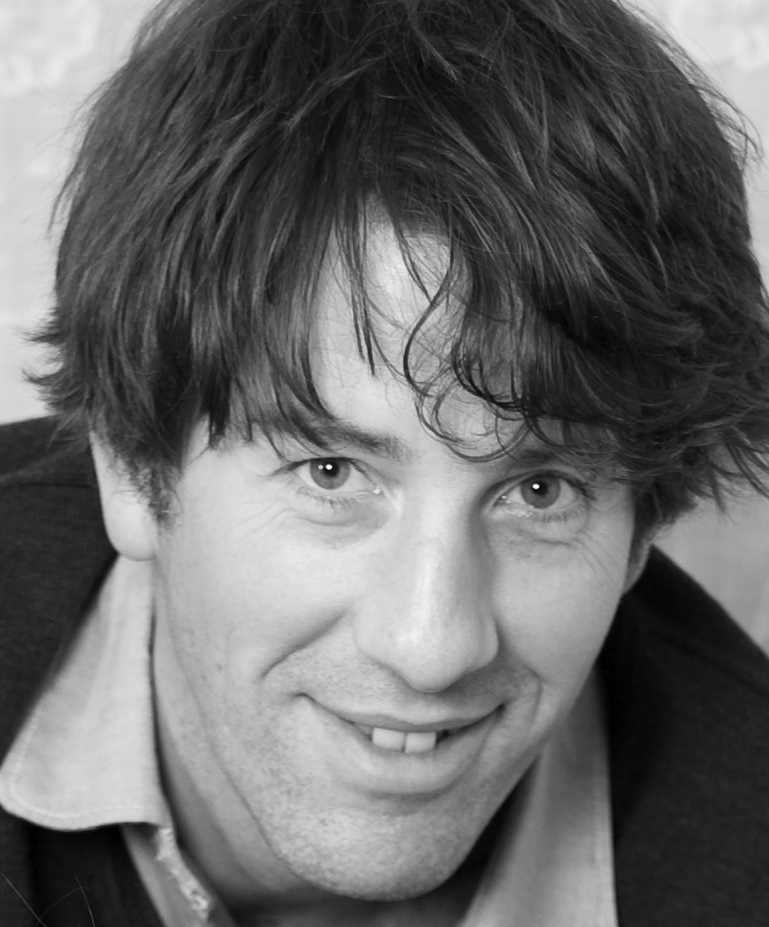We all want to change the world, but we can quickly run up against despair, and worse, come to harbor the idea we can’t make any difference whatsoever. In his new book from School of Life, How to Change the World, author and journalist John-Paul Flintoff offers examples of people who have done just that, and how they were able to do so. The fact is, whether we acknowledge it or not, we are all making a difference all the time. Flintoff implores us to be more conscious of that impact so that we may produce the effects we desire.
Tricycle caught up with Flintoff via email to ask a few questions about the new book and how to overcome self-imposed obstacles to meaningful social change.
 It’s been said that the greatest obstacles to justice are indifference and apathy. How do we make ourselves and others care enough to take action against injustice? When it comes to ourselves, I see this as very simple: if we really care enough about something, we take action. You see this when people run for cover if something unpleasant is coming their way. If we don’t take action, that means we don’t care enough, for whatever reason. Perhaps we’re just busy with other things. In which case: stop worrying. Nobody can fix everything. And indeed there will never be a time when “everything” is fixed. (If there were, would life be worth living?)
It’s been said that the greatest obstacles to justice are indifference and apathy. How do we make ourselves and others care enough to take action against injustice? When it comes to ourselves, I see this as very simple: if we really care enough about something, we take action. You see this when people run for cover if something unpleasant is coming their way. If we don’t take action, that means we don’t care enough, for whatever reason. Perhaps we’re just busy with other things. In which case: stop worrying. Nobody can fix everything. And indeed there will never be a time when “everything” is fixed. (If there were, would life be worth living?)
As for others, we can’t “make” anybody do anything. Even holding a gun to somebody’s head can’t do that, because if somebody really doesn’t want to do what you ask, they won’t. You can shoot them, but the thing you wanted them to do remains undone.
What this tells us is that we can only ever invite people to change. We can tell them what matters to us and describe why it matters. If we are engaging well, and really letting each other be seen and heard, they will get the point with very little difficulty. If they don’t get it, perhaps we’re not really seeing and hearing them—and allowing ourselves to understand what matters to them.
Your book How to Change the World focuses heavily on the individual, but isn’t all meaningful social reformation the product of movements and group action? You are right. But the reason I put the emphasis on individual action is because social movements always start with one individual, and they continue to comprise the sum total of lots of individuals making their own decisions. No mass movement will do anything unless lots of individuals decide to go on the march that day. I know people who say, “We really need a movement to stop this, or start that…” and because they’re waiting for the movement, and not doing anything, the movement never starts. Which is crazy, no?
Who is going to pay my bills while I’m out saving the world? Aha! Thank you, but you made a tiny mistake. I try not to say “save” the world, which sounds awfully messianic and raises the question, “from what?” Instead, I talk about changing the world. This is actually something we all do all the time—we are constantly voting in the eternal, rolling election of how things should be. For instance, we can walk down the street with a smile, or we can wear a frown; either way, we might want to be aware that the way we are can be infectious. And when we recognize that we are already having an impact, we understand that we can choose what kind of impact we want to have.
You may not think that smiling in the street is really doing something. Fair enough. But even when we are being campaigners for A Big Cause, if we make a good case for our actions and offer people the chance to do something themselves that ties in with their own personal values, they will find it impossible not to join us. If it’s also enjoyable, they are more likely to persist. And so there is no reason at all why making change should prevent us from earning a living. Companies that provide goods that are valuable to their customers are changing the world and making money too.
We hear a lot about activism, affecting policy, and reducing suffering through humanitarian movements, but where do art and beauty fit into changing the world? That’s a wonderful question, thank you. It’s great that some people work for social justice, but the world would be very dreary without gardeners, and musicians, and party organizers. There will always be problems, unfolding slowly or erupting in moments of crisis, and that makes it easy to get very depressed. So remember that the people doing fun stuff are also changing the world.
Read an excerpt from How to Change the World.
—Alex Caring-Lobel
Thank you for subscribing to Tricycle! As a nonprofit, we depend on readers like you to keep Buddhist teachings and practices widely available.